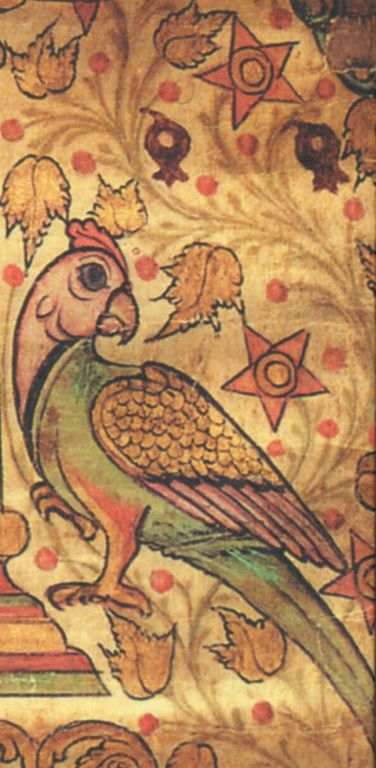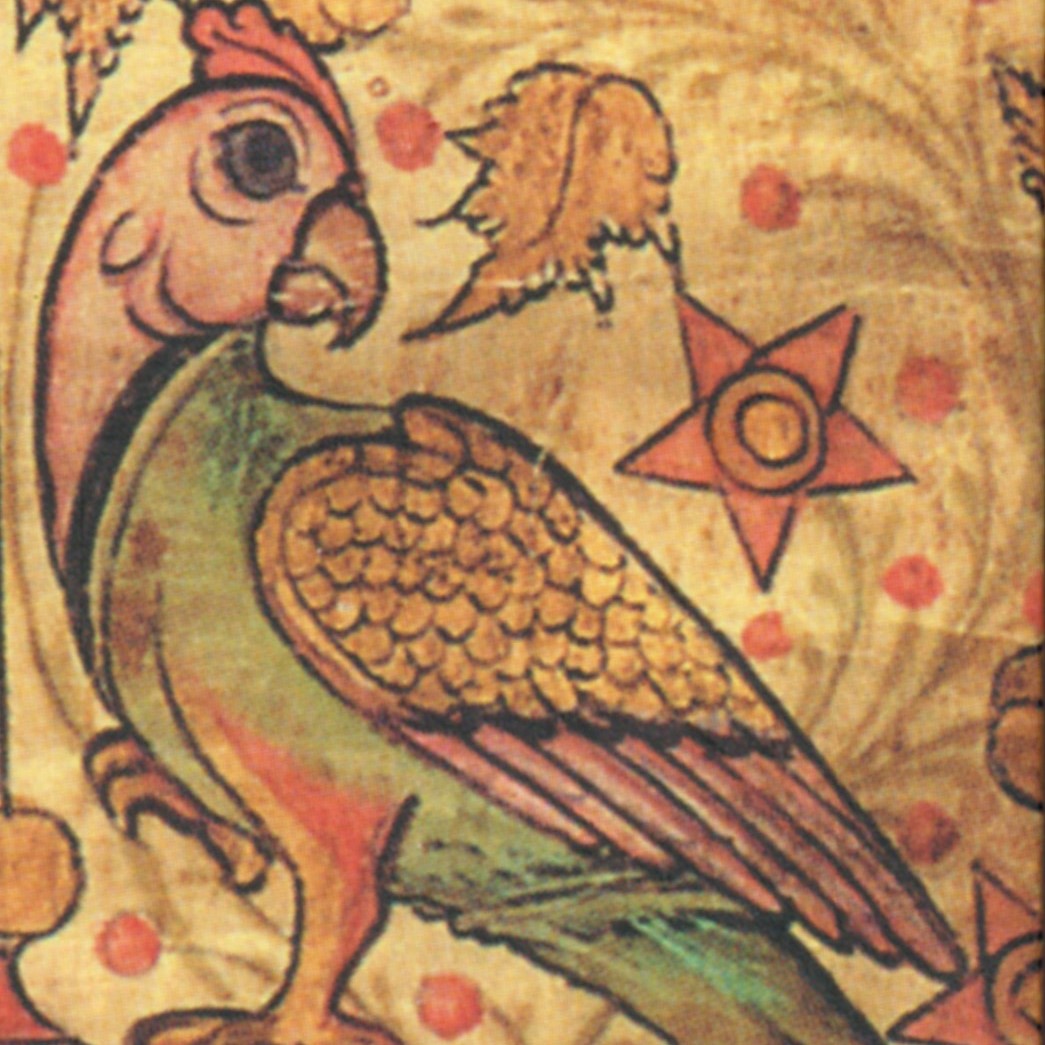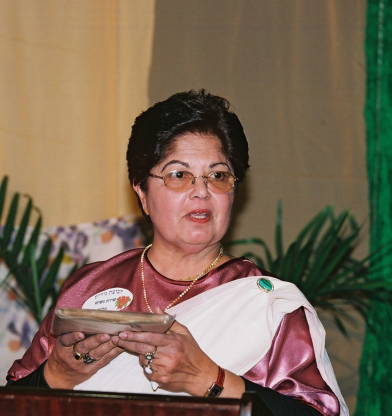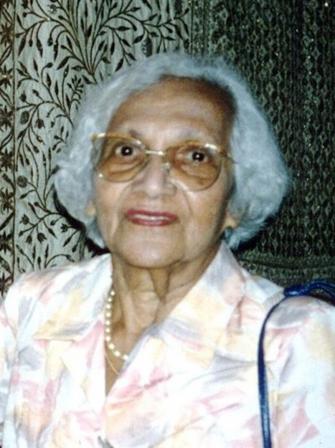1977/ 1981
20. The Command Is Proclaimed
The introduction to songs 18–20 is available here.
20a. Sarah Cohen, Seema Salem, Ruby S. Hallegua. Recorded by Barbara Johnson, Kochi, January 1977; II-57.
20b. Ruby Daniel, Dolly Japheth. Recorded by Barbara Johnson, Kibbutz Neot Mordekhai, March 10, 1981; Y23, II-4.
Aruḷa pramāņiccirunna anaṅgiriyam tān pěṯṯa vastu
Ěllāṃ ñāyamě taṅgayiluḷḷu ětu nāṃ aticirī veņḍa
1. Words of the command are proclaimed. You have blessed us with Your grace.
In Your hands justice is found. Almighty, justice comes from You.
We don't need to await the command. You are the One to make things clear.
Carefully we must consider this: “Before you sin, stop and think!”
Děśāvina pěriyavaṟkŏ caraņanāyi cěnnu pukku
Araņiya vākukaḷil ākkāvuṃ bekkiccěmmě
2. God will be the light of dawn to those whose hearts are kind.
If you obey what you are told, rewards you will find.
Even death will stand aside, and other sorrows too.
If you don't receive enough, you may ask for more.
Paḍa ěnna naḍappěn ěnnu paṟakŏ tān varavu kaņḍu
Kaḍalina pŏḷakka viṭṭu karavaḻi toṯṯi cěmmě
3. “Keep on marching,” it was said, when they saw Pharaoh coming near.
The sea was divided then; and on the land, they passed through.
Screaming out, they crossed the sea and ended up in Sinai land.
You surely are the only One, the One we always should attend!4. It is ten times wise to be a servant of the Lord.
For the ones who serve Him—no harm will befall.
The ones who observe the commandments of God,
Those servants of God will receive a great reward.
Dĕśāvu pĕḍaveņaṃ taṃbirānĕ
Nanma varatteņaṃ pĕriyavanĕ
5. Grant us Your mercy, Lord Tambiran. Send us goodness, Almighty One.
Send us redemption, Tambiraně, and for our bodies, send good health.
As soon as can be, send us the Man; send us the one we long to see.
Raise those who are buried underground. Please don't forget them, O Tambiran.
Munnavuṃ piṃbuṃ nīyě mŏtalīnāṟ naḍavuṃ nīyě
Eliya gŏlaṃ itŏnnu elina kaņḍuṃ věccu - elina kaņḍuṃ věccu
6. You are the past and future and the middle in-between.
And here are we this People, waiting for Eli, waiting for Eli.
As You ordered, in the past, everything to be,
You alone can save my People; only You can save me. Only You can save me.
This song is found in more than twenty notebooks, representing almost all the Kerala Jewish communities. Ruby Daniel chose it as a particularly important song to translate, noting that it was sung after meals on festive occasions, after the men had sung the Hebrew blessing for the end of the meal. In particular, it was sung at the end of the Friday night meal on Ḥatan Shabbat, the “Bridegroom’s Shabbat,” after the wedding (Daniel & Johnson 1995, 188). She and her aunt, Dolly Japheth, recorded it in 1979, using a mix of four different melodies, as did three other Paradesi women who recorded it in Kochi in 1977. After the initial melody, shared with songs 19 and 21, the second tune is from the Kerala Hebrew piyyut ‘Etz Ḥaim Hi’ (’Areshet 1980, 210). The third was the as yet unidentified melody used by Daniel’s grandfather, Eliyahu Japheth, when he composed song 72, the Zionist song “Hope in the Jewish Heart.” The fourth is from the Hebrew piyyut Nefutzoteinu Kanes (’Areshet 1980, 392).
Unlike songs 18 and 19, this is not a direct or even indirect translation of the Hebrew grace after meals. In terms of content, most of its verses stress the need to obey and depend on Periyavan, the one “Almighty God.” Stanza 3, about the parting of the sea, ends with the exclamation “Surely You Are the Only One,” echoing the Hebrew liturgical Mi Kamokha prayer.







